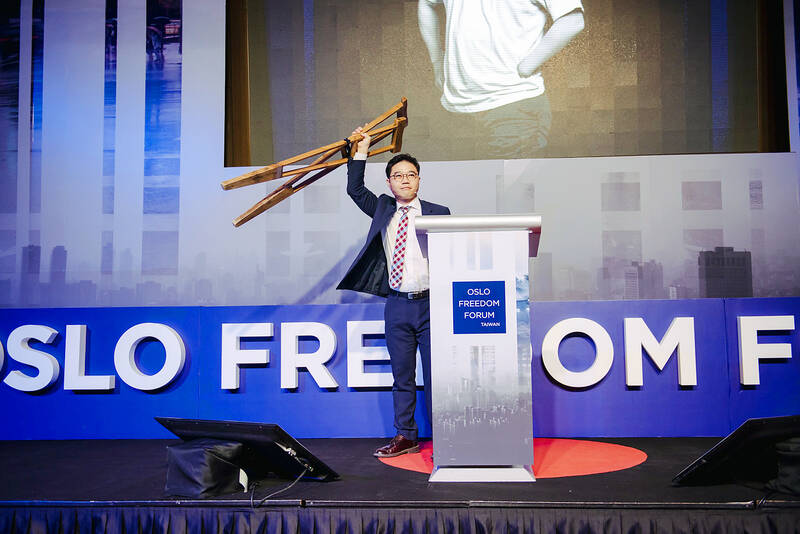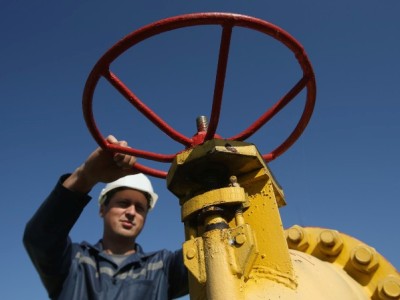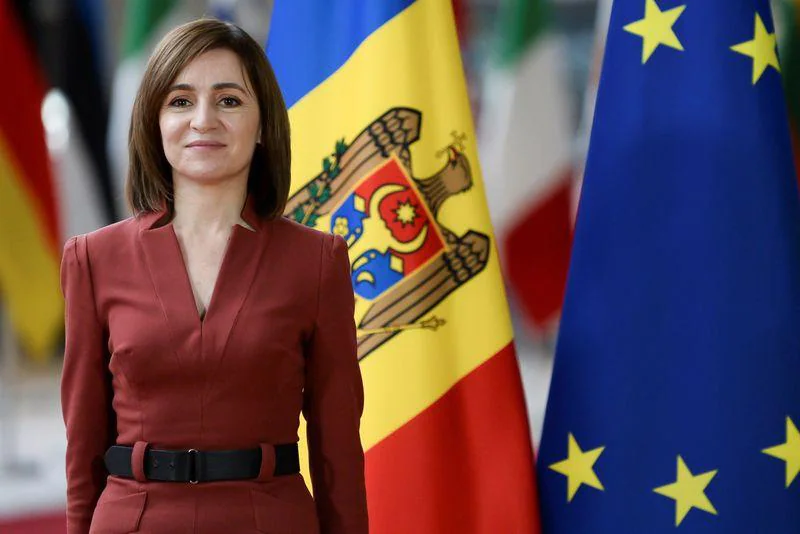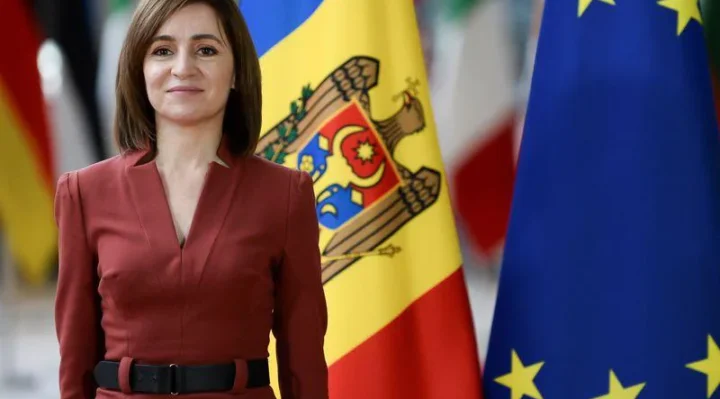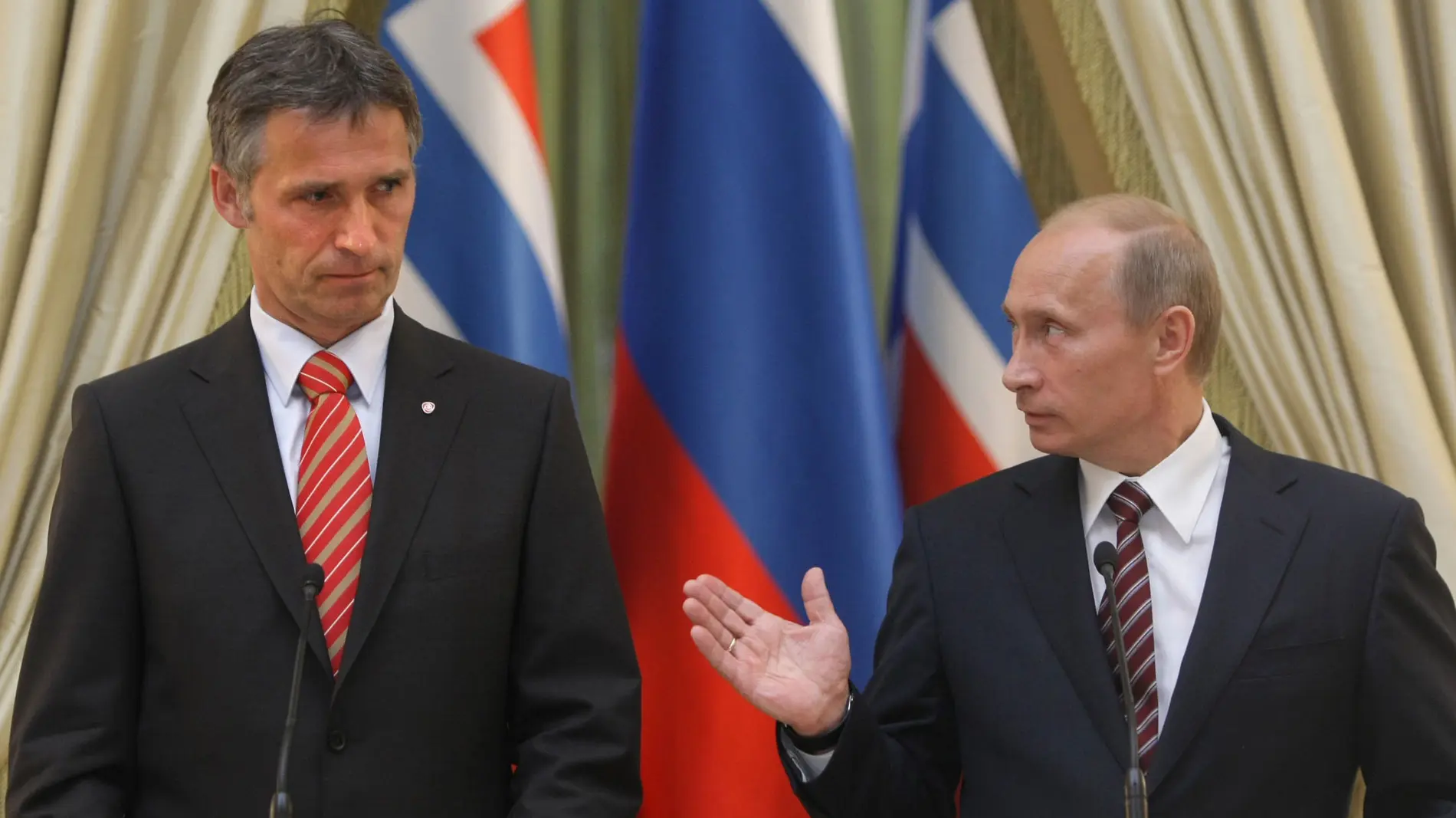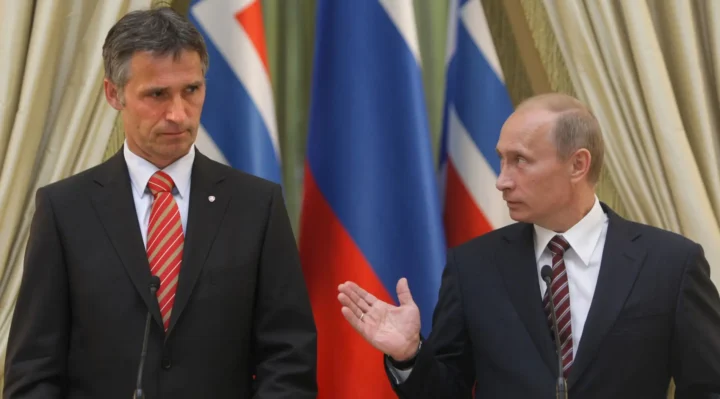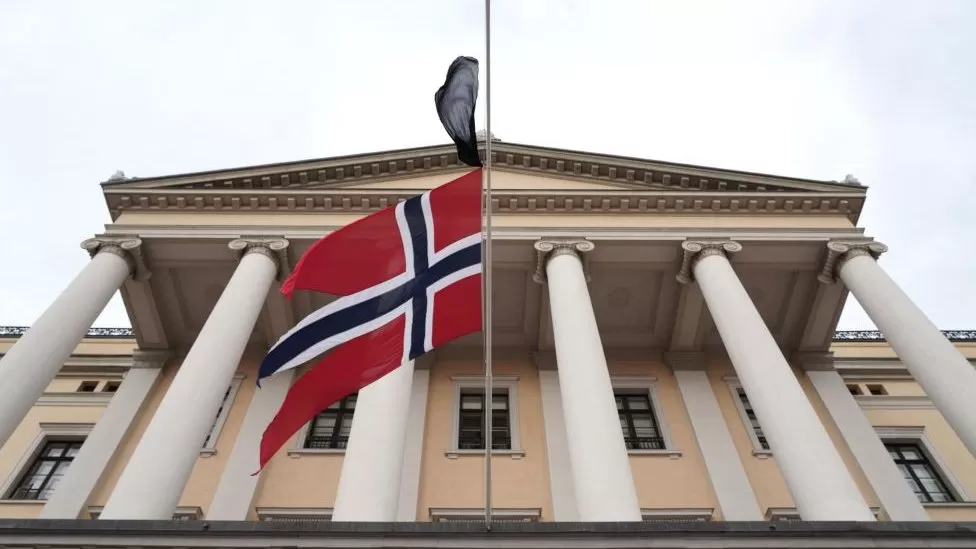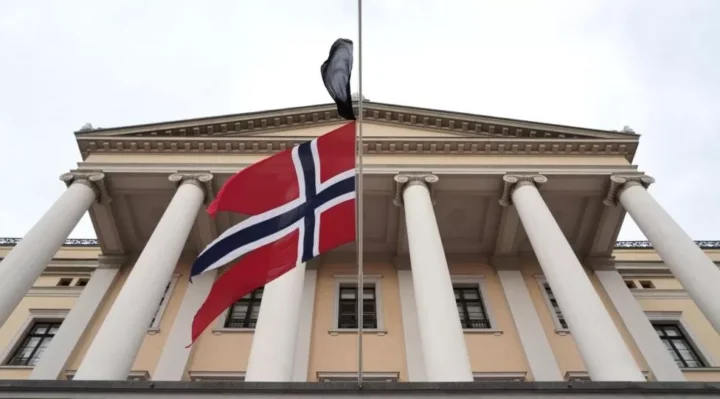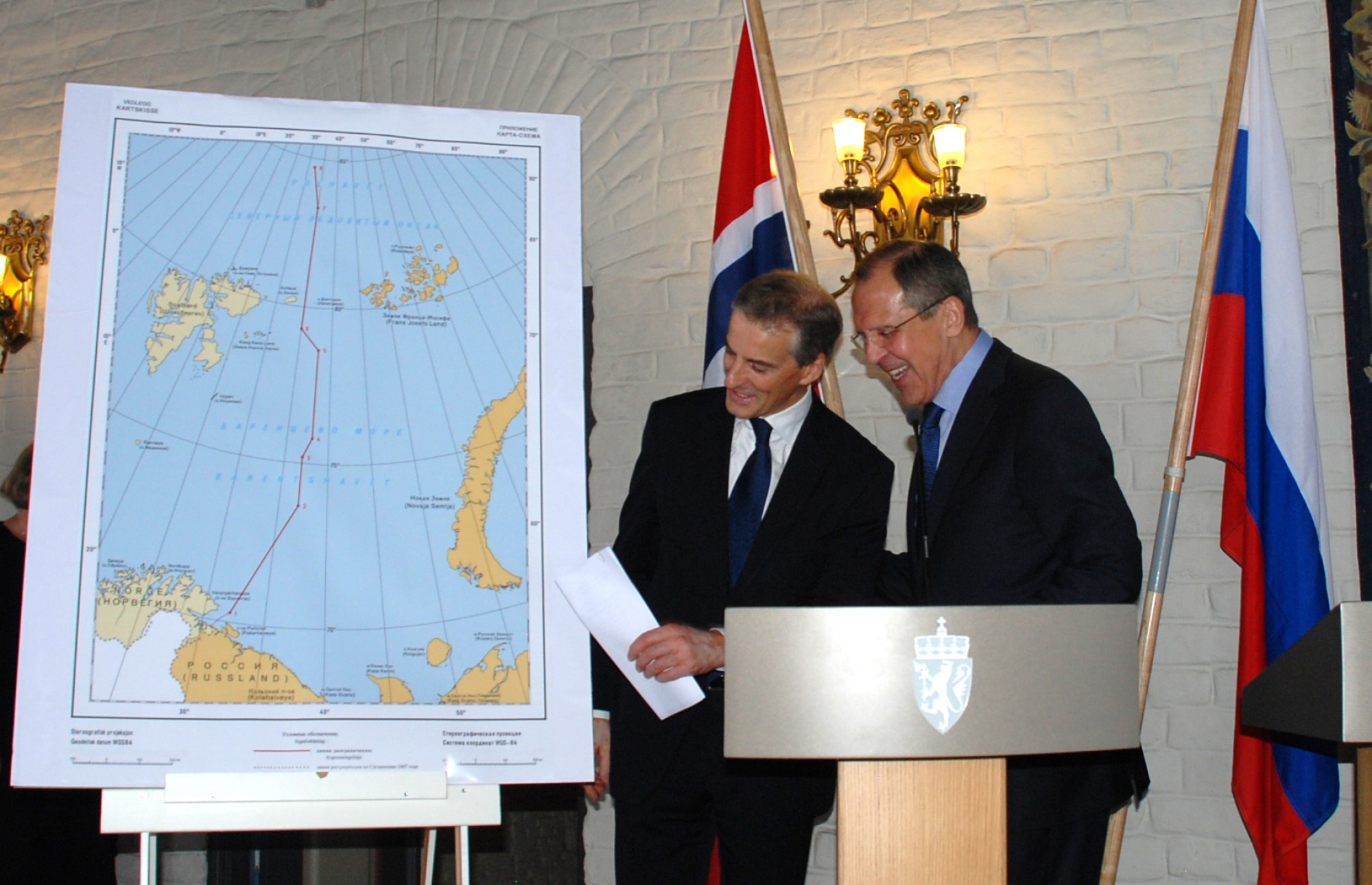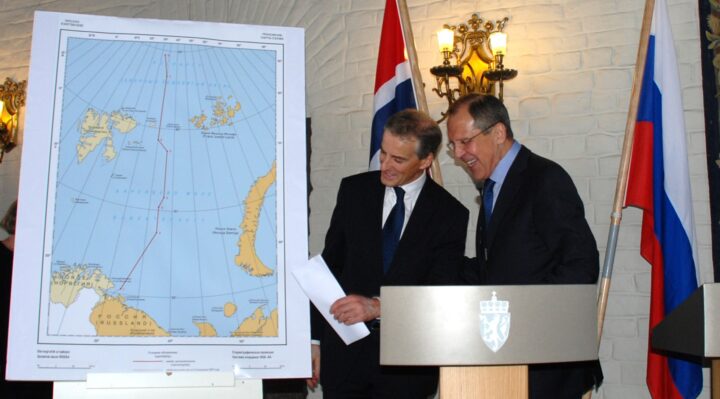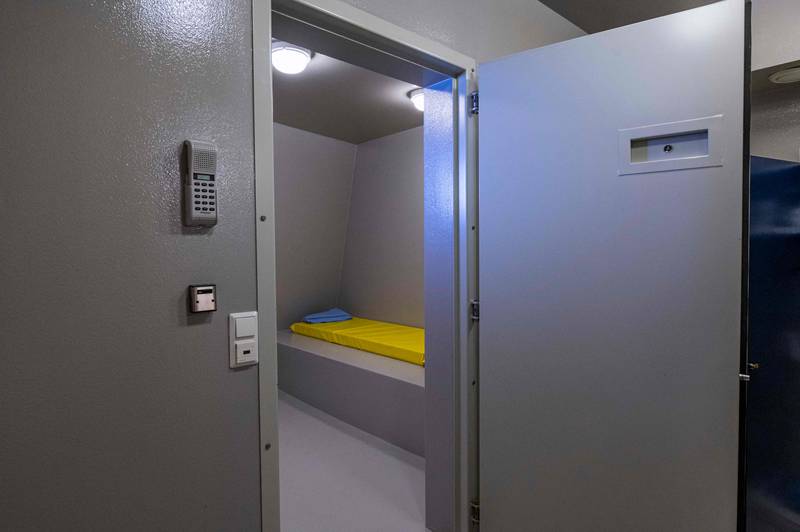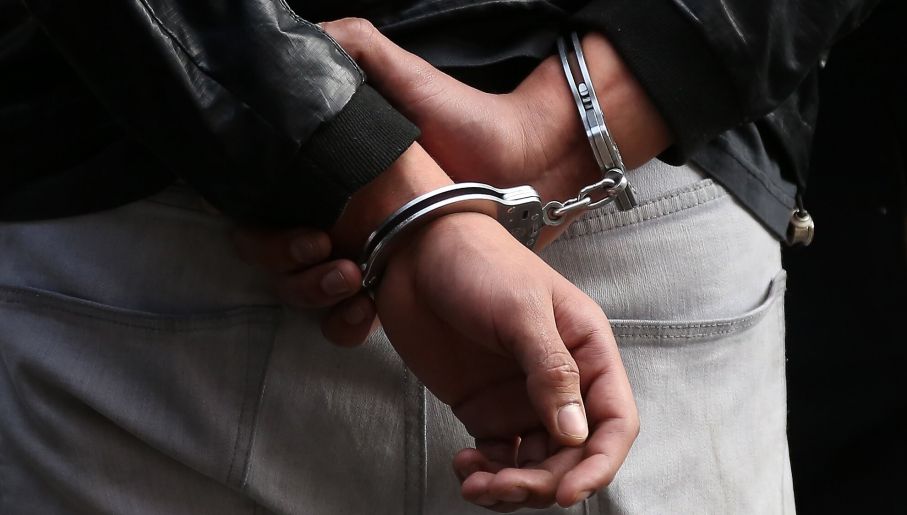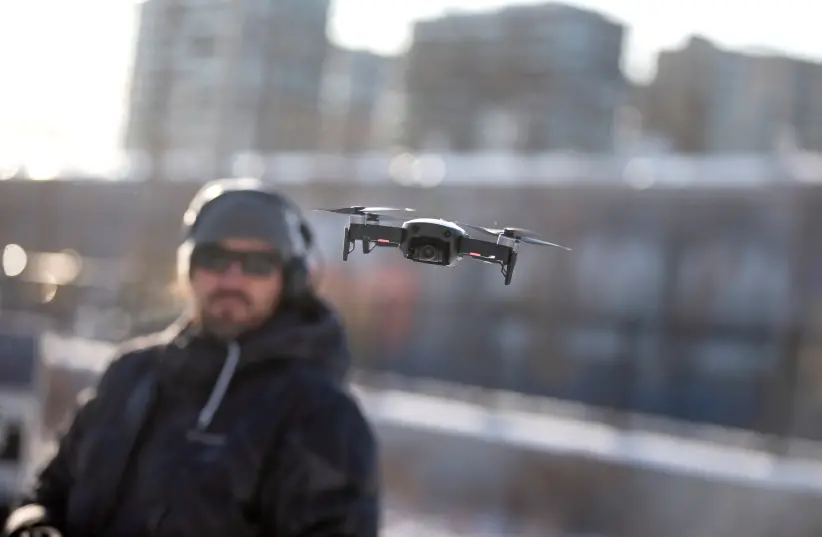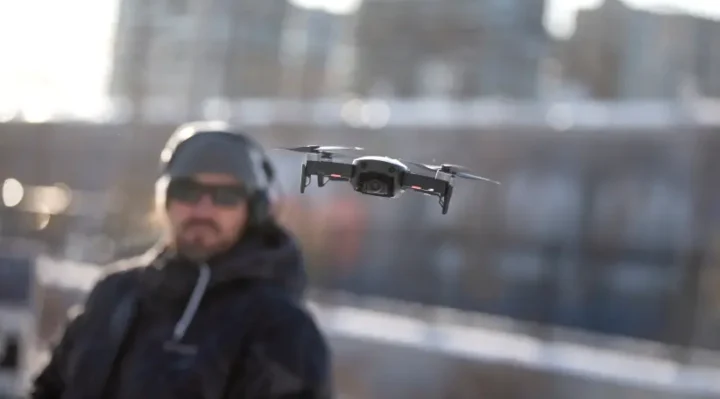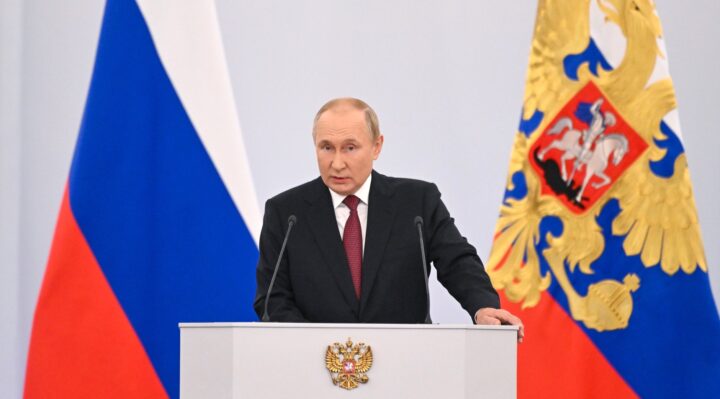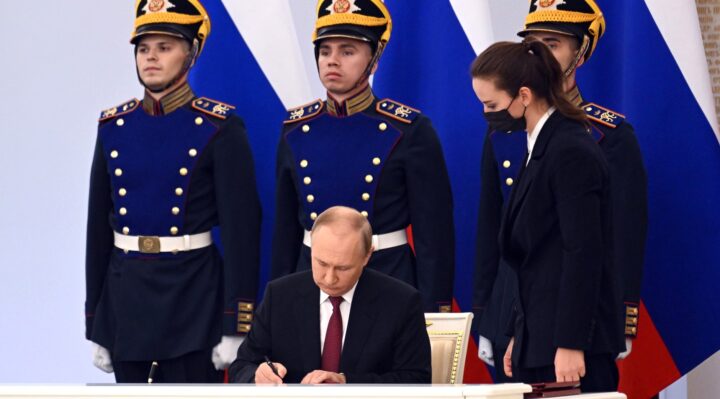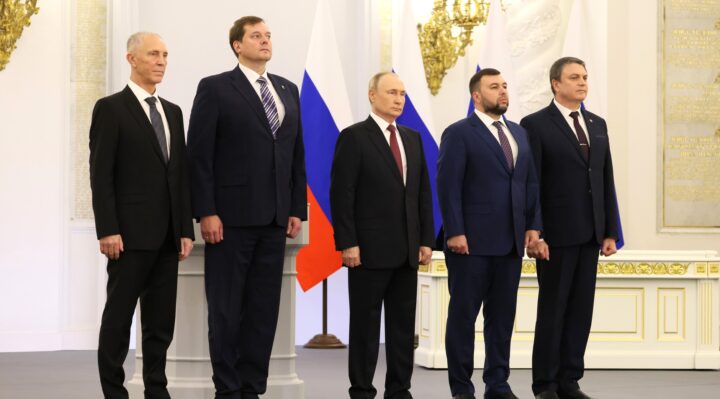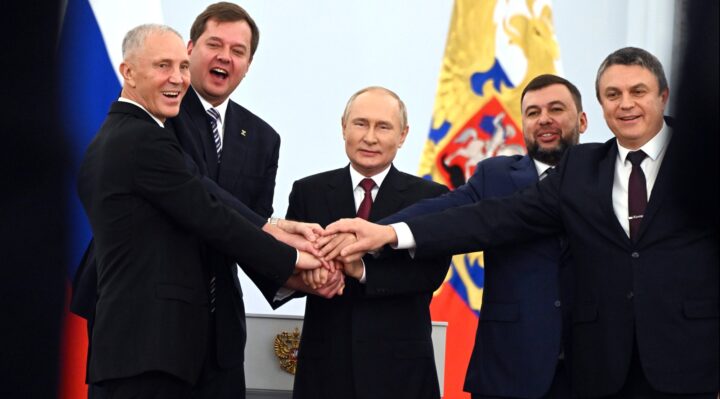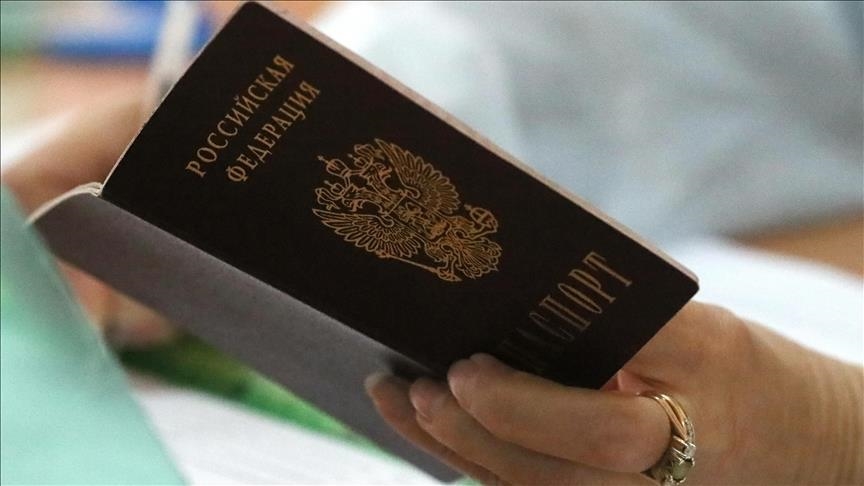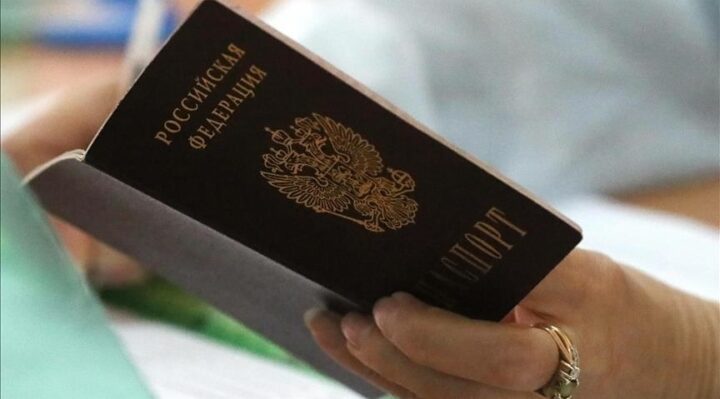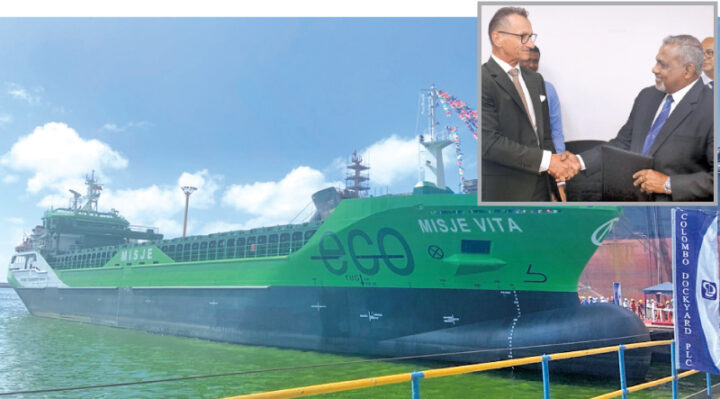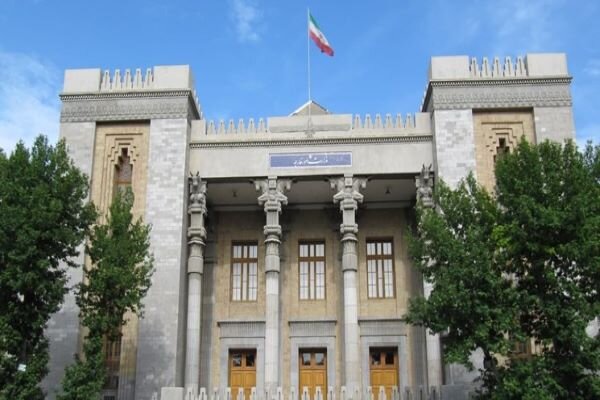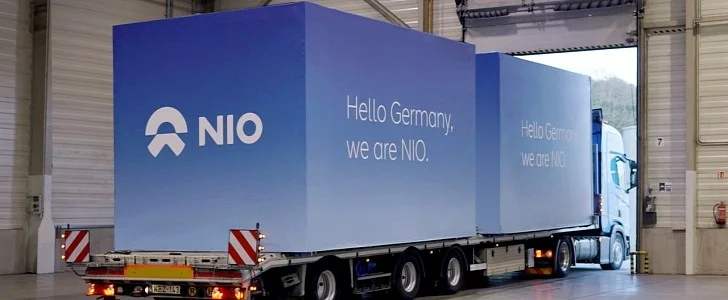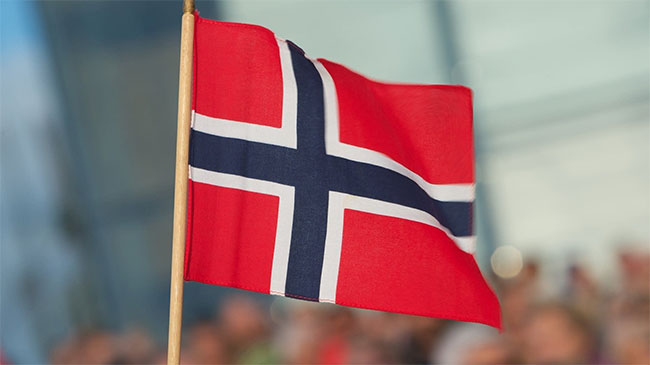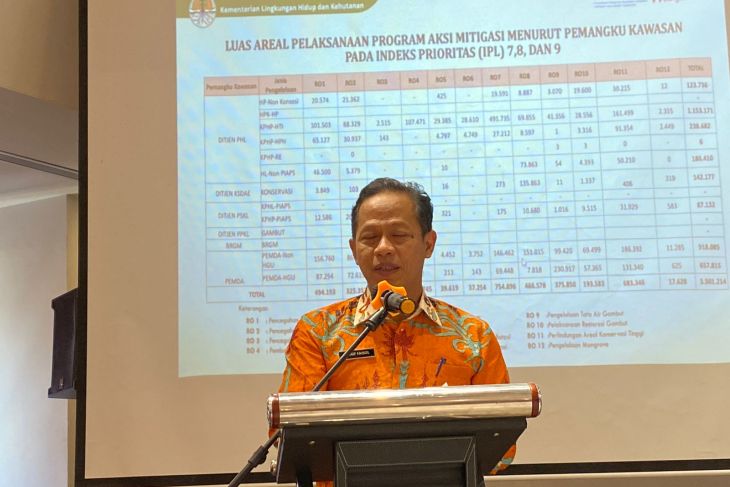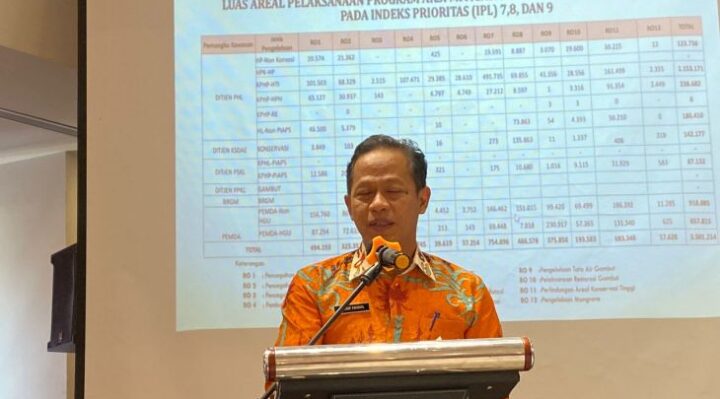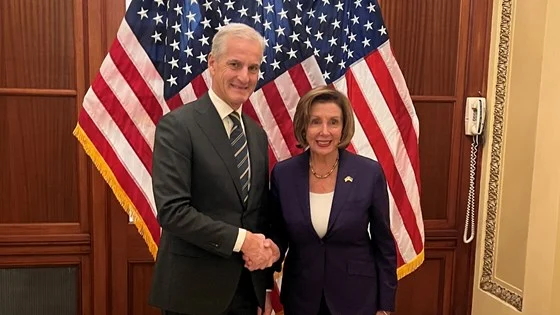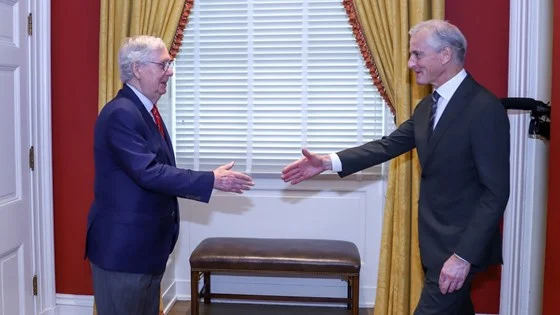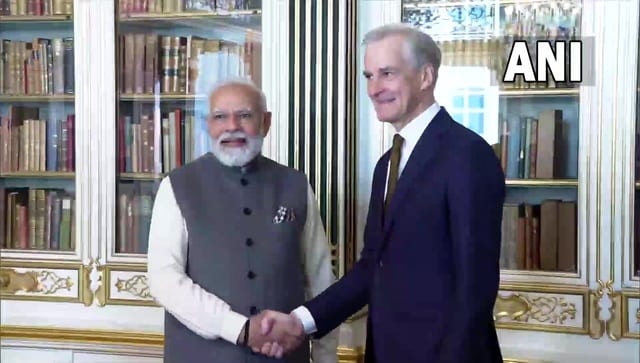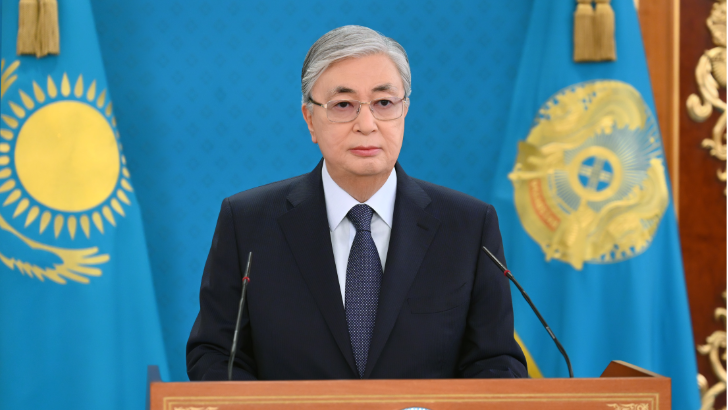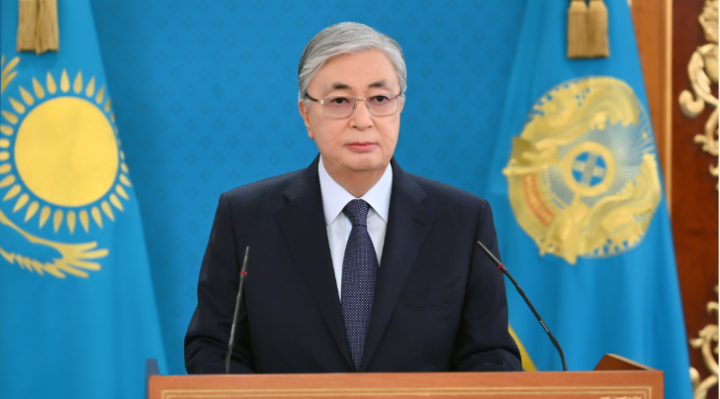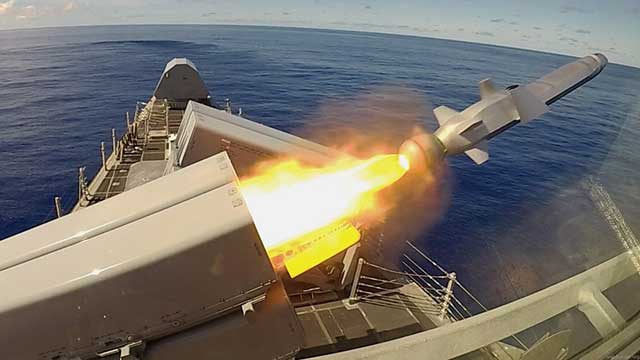International human rights conference the Oslo Freedom Forum is to be held in Taipei for the third time on Thursday, with 10 human rights advocates to attend.
Thai democracy movement leader Thanathorn Juangroongruangkit, who made the Time 100 Next list in 2019, Ukrainian human rights defender Oleksandra Matviichuk and Chinese political cartoonist Badiucao (巴丟草) are among those who have been invited to this year’s event, said the New York-based Human Rights Foundation, which is organizing the forum.
Minister of Foreign Affairs Joseph Wu (吳釗燮) would also attend as a special guest and speak at the opening, the foundation said.

The annual forum, which was first held in 2009, was previously hosted in Taipei in 2018 and 2019. Aside from Norway and the US, where the forum is most often held, Taiwan has hosted it more than any other country.
The half-day forum is to be held at the Grand Hyatt hotel in Taipei, with speeches, an interactive exhibition and a discussion on key topics.
Foundation president Celine Assaf-Boustani would attend on her first visit to Taiwan.
Holding the forum in Taipei for a third time was a way to recognize Taiwan’s achievements in upholding human rights, defending democracy and fighting for freedom, Assaf-Boustani said.
The theme of this year’s forum, “Champion of Change,” celebrates rights advocates, “who are themselves champions,” and their causes, the forum’s Web site says.
Hong Kong political and digital rights advocate Glacier Kwong (鄺頌晴), Burmese democracy promoter Wai Hnin Pwint Thon, Saudi Arabian activist Areej al-Sadhan and Taiwan Parliamentary Human Rights Commission secretary-general Wuer Kaixi, among others, would also attend, the organizers said.
Al-Sadhan, Badiucao and Matviichuk are to attend virtually, the organizers added.

